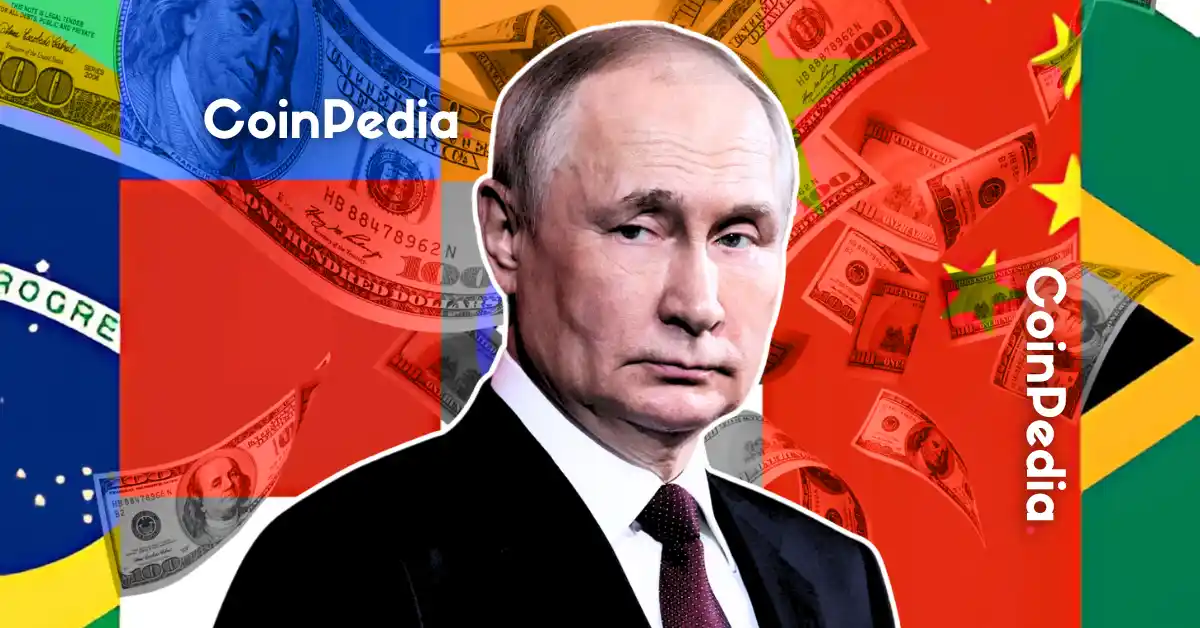
Leaders of two of the world’s largest economies, Vladimir Putin and Xi Jinping, are proposing a major new BRICS investment platform to support national economies across the Global South and East. The proposal will be a key focus at the upcoming BRICS Summit in Rio de Janeiro in early July.
According to Russian presidential assistant Yuri Ushakov, the new investment platform aims to drive sustainable economic growth across BRICS nations and the broader Global South.
“In anticipation of the BRICS summit in Rio de Janeiro, the leaders examined in detail the progress of the Russian initiatives from last year’s Kazan summit, including mutual settlements and industrial cooperation,” Ushakov said.
The proposed BRICS platform is expected to:
Putin emphasized the need for greater cooperation in sectors like:
“Our countries need to step up cooperation in areas such as technology, education, trade, and finance,” Putin stated. “We must multiply the volume of capital investment.”
Beyond the BRICS initiative, Russia and China reaffirmed their strategic partnership, particularly in the Middle East. The two leaders exchanged updates via phone and are reportedly preparing for coordinated actions in global affairs.
In a notable shift away from Western financial systems, Russia and China have begun settling certain energy trades using Bitcoin, reducing dependence on the U.S. dollar.
Putin is also reportedly exploring options to expand Russia’s national currency through the creation of a digital platform for cross-border settlements and investments. This aligns with BRICS’s broader goal of building financial alternatives to Western-dominated systems.
With rising global tensions and shifting alliances, the BRICS-led investment initiative could reshape economic power in favor of the Global South. Putin and Xi’s strategic alignment signals a stronger, united front that challenges existing global financial norms.
The BRICS investment platform, coupled with de-dollarization efforts, aims to challenge Western-dominated financial institutions and reduce reliance on the U.S. dollar. This could lead to a more multipolar global economic order, shifting influence towards the Global South and East.
While de-dollarization efforts are still in early stages, if they gain significant traction, they could lead to increased volatility in global exchange rates and trade patterns, potentially impacting the stability of currencies you rely on by introducing more competition and alternative payment systems.
The BRICS partnership aims to build alternative financial systems, such as a digital platform for cross-border settlements. These changes could diversify global financial options, potentially offering new investment opportunities or altering the relative strength of different currencies, which might indirectly impact your savings depending on your portfolio.
February 14, 2026 10:33:25 UTC Memecoin Selloff May Be Nearing Exhaustion as Sentiment Hits Extreme…
Shares of Nasdaq-listed Helius Medical Technologies (HSDT) surged nearly 15% after the company announced a…
Ethereum price has pushed decisively back above the $2,000 mark, trading between $2,060 and $2,080…
China’s State Council has issued new implementation guidelines to accelerate the creation of a unified…
After a long week of extreme fear, the crypto market today is showing a strong…
XRP price currently stands at $2.99, with a market capitalization of $179.79 billion. Analysts and…